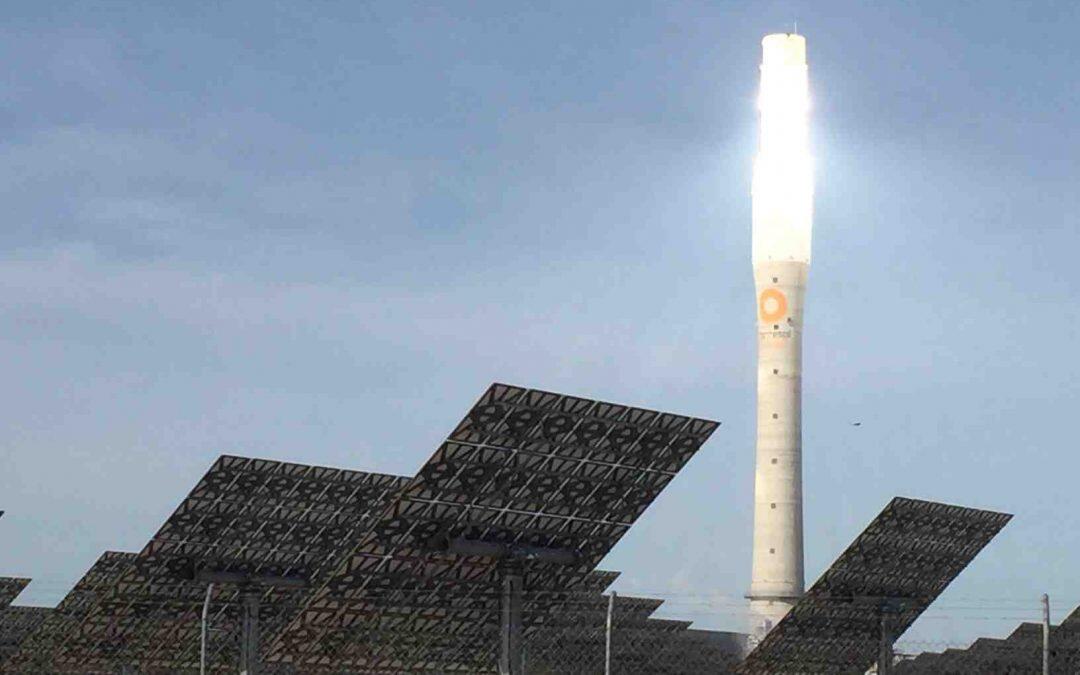When the anti-wind and anti-solar brigade launch their regular attacks on renewable energy, Spain is one of the countries they like to cite to show that renewable energy really doesn’t work, and causes economic chaos.
It’s a view that displays as much ignorance about renewable energy as it does about Spain. Both seem to suffer from an accumulation of myth making, ideology and outright mischief. And renewable energy and Spain find themselves keen to put the record straight, and shatter those misconceptions.
One of the big myths is is that wind and solar energy don’t really work – an accusation that is casually thrown at the Spanish economy, too, courtesy of its holiday image, the traditional siesta and some unfortunate type casting on television.
But let’s tackle wind and solar first. Spain sources around 25 per cent of its electricity from wind and solar and was one of the first countries to invest heavily in wind energy, thanks to the paucity of its own resources: it has little coal and hardly any gas.
Is wind and solar causing a problem for Spain’s grid, even when it reaches more than 70 per cent of demand, as it does now quite regularly? Not at all, says Miguel Ezpeleta, the director of Acciona’s Global Control Centre for Renewable Energy near the company’s headquarters in Pamplona.
“We’ve have been responding to sudden changes in demand for years,” he says from the heart of the control room, where he can see the real-time output of all the company’s installations across the globe, including Australia. Like South Australia, Spain is a relatively isolated grid, with small connections to France on one side and Portugal on another.
“Responding to changes in supply is no more difficult. There is really no issue.” And, Ezpeleta adds, no real impediment to achieving 100 per cent renewable energy; something he and others think is inevitable as the coal plants are closed, nuclear phases out and expensive gas is also substituted.
It’s a thought echoed by the controller of the country’s largest solar tower plant with molten salt storage, the 20MW Gemasolar power plant (pictured above), and also supported by recent analysis from the CSIRO and Australia’s network owners.
In the short term, however, there is no doubt that the fortunes of wind and solar and the Spanish economy have been heavily intertwined. But not in the way that is often portrayed. It was not wind and solar that brought about the collapse of the Spanish economy, as many suggest. It was primarily a property bubble.
Read more on: Reneweconomy











